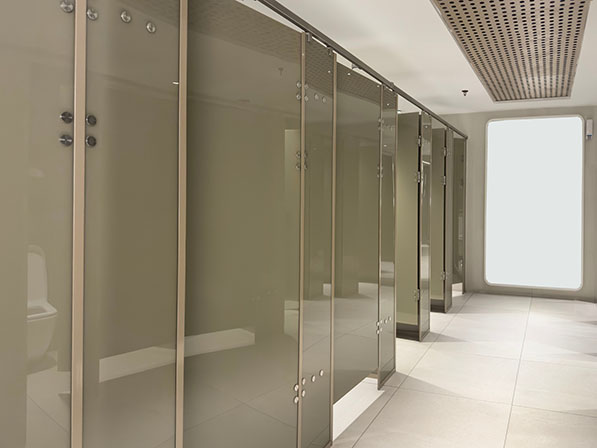We have an employee who spends a considerable amount of time every day using the restroom. After she comes back from the restroom, she takes her 10-minute rest break. This is affecting production, and her coworkers are complaining. We want to bring this to her attention, but is this considered a disability or possibly a situation that needs reasonable accommodation?
The considerable amount of time the employee is spending to use the restroom is taking her away from completing her work. You’re concerned about the impact on production and employee morale as other employees are complaining.
If she isn’t performing the essential functions of her job, you should address the performance issue. Come to your meeting prepared to discuss with her specific examples of performance problems, especially if they are measurable.
Depending on the employee’s role, when she isn’t available to complete her job duties, some of her coworkers may need to complete her job responsibilities for her, which affects the team and employee morale.
For example, in a coffee shop or pharmacy, a line of customers could be waiting for their orders or prescriptions to be filled. If one team member is not present, that affects total production for the day for both the location and the employee.
Reasonable Accommodation
Under the federal Americans with Disabilities Act (ADA) for employers with 15 or more employees, and California’s more expansive Fair Employment and Housing Act (FEHA) for employers with five or more employees, employers must provide reasonable accommodation to qualified individuals with disabilities unless they can prove undue hardship.
While you are addressing the performance issue, you’ll want to give the employee the opportunity to let you know if she needs a reasonable accommodation. You can do that by asking the employee if there is additional support that the employer can provide that she needs to meet her job responsibilities. This begins the interactive process.
Here, all we know is that the employee spends a lot of time in the restroom. If an employee has a disability and is requesting a reasonable accommodation, you may request a medical certification to support the reasonable accommodation.
Ideally, you’ll give the employee a reasonable accommodation request form and list the essential functions of the job when you ask her for medical certification.
Some disabilities, such as irritable bowel syndrome (IBS), may require an employee to use the restroom frequently. Examples of reasonable accommodation could be an assigned workspace closer to the restroom, or additional break time to use the restroom.
Best Practice
Addressing frequent/lengthy restroom use should be handled with sensitivity, while focusing on performance. The best practice is to both address the performance concerns with the employee and provide the employee with an opportunity to notify you if there is a need for a reasonable accommodation due to a disability.
Ashley Huynh, Employment Law Expert, CalChamber
CalChamber members can read Reasonable Accommodation of Disabilities in the HR Library. Not a member? Learn how to power your business with a CalChamber membership.
